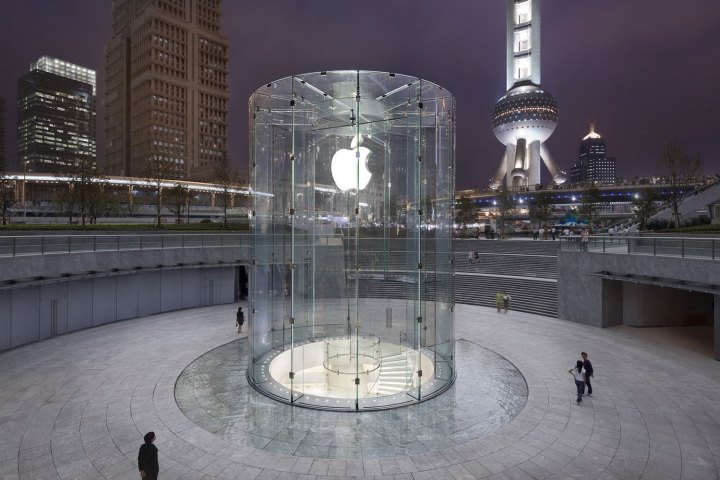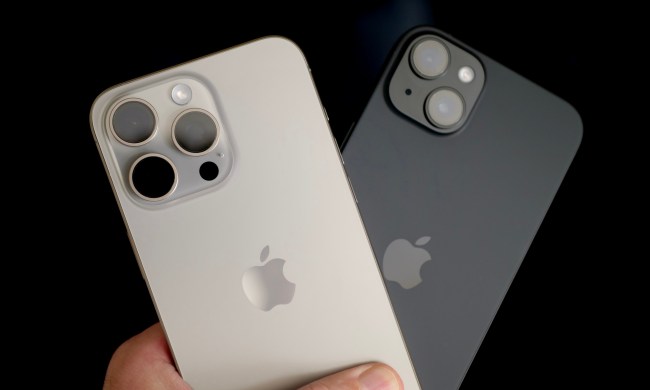
“We are excited to be opening a new research and development center here next year so our engineering team can work even more closely and collaboratively with our manufacturing partners,” Apple spokesman Josh Rosenstock told Quartz. “The Shenzhen center, along with the Beijing center, is also aimed at strengthening relationships with local partners and universities as we work to support talent development across the country.”
The company was mum on designs for the new facility, but its location is strategic. “The establishment of a new R&D center in Shenzhen allows Apple to facilitate better communication with iOS developers,” Dr. Neil Want, greater China president for Frost & Sullivan, told Shenzhen Economic Daily. “[It’ll also help the firm] come up with better products that cater to local customers.”
Managing director for IDC China Kitty Fok, who also spoke to the publication, said that the new facility “[made] sense” given the area’s technological resources. The burgeoning hub is home to installations by some of China’s largest electronics manufacturers, including phone maker Huawei and social network Tencent. “[The investment] shows commitment to the … market,” she said.
The new installation is part of Apple’s broader infrastructural push into mainland China. In September, the company announced its intention to employ more than 500 people at its Beijing facility in Zhongguancun Science Park. The R&D center, which neighbors offices for search giant Baidu and Lenovo, will reportedly develop hardware.
And this is also an attempt to allay concerns among Communist Party officials that Apple’s growth in the region will come at the expense of homegrown competition. Earlier this year, Chinese regulators blocked local access to Apple’s iBooks and iMovies services, and in June, the country’s Intellectual Property Office found that Apple’s iPhone 6 and iPhone 6 Plus infringed on patents by Chinese company Shenzhen Baili.
The relationship has improved somewhat in the intervening months, spurred in large part by Apple’s $1 billion stock buy in ridesharing app Didi Chuxing, a Beijing, China-based ridesharing service. Reuters sources described a series of meetings in May between Cook and senior government and Communist party leaders as “productive.”
Economics are driving the discussion. China is experiencing what Cook referred to in Apple’s recent quarterly earnings call as “economic softness,” as Apple revenue for Hong Kong, Taiwan, and mainland China, overall, fell 33 percent year on year. The smartphone market suffered the most, experiencing the slowest growth in a quarter century.

